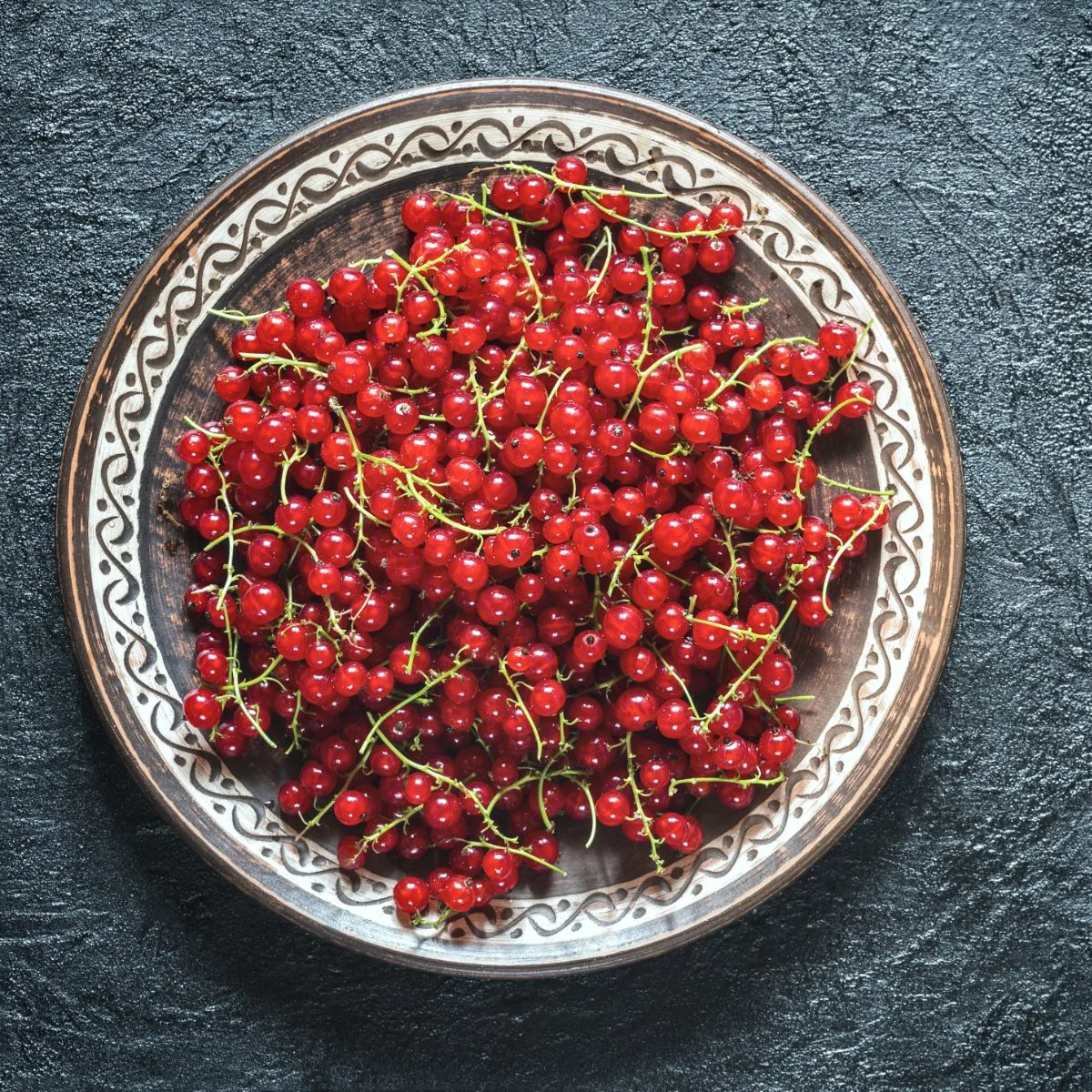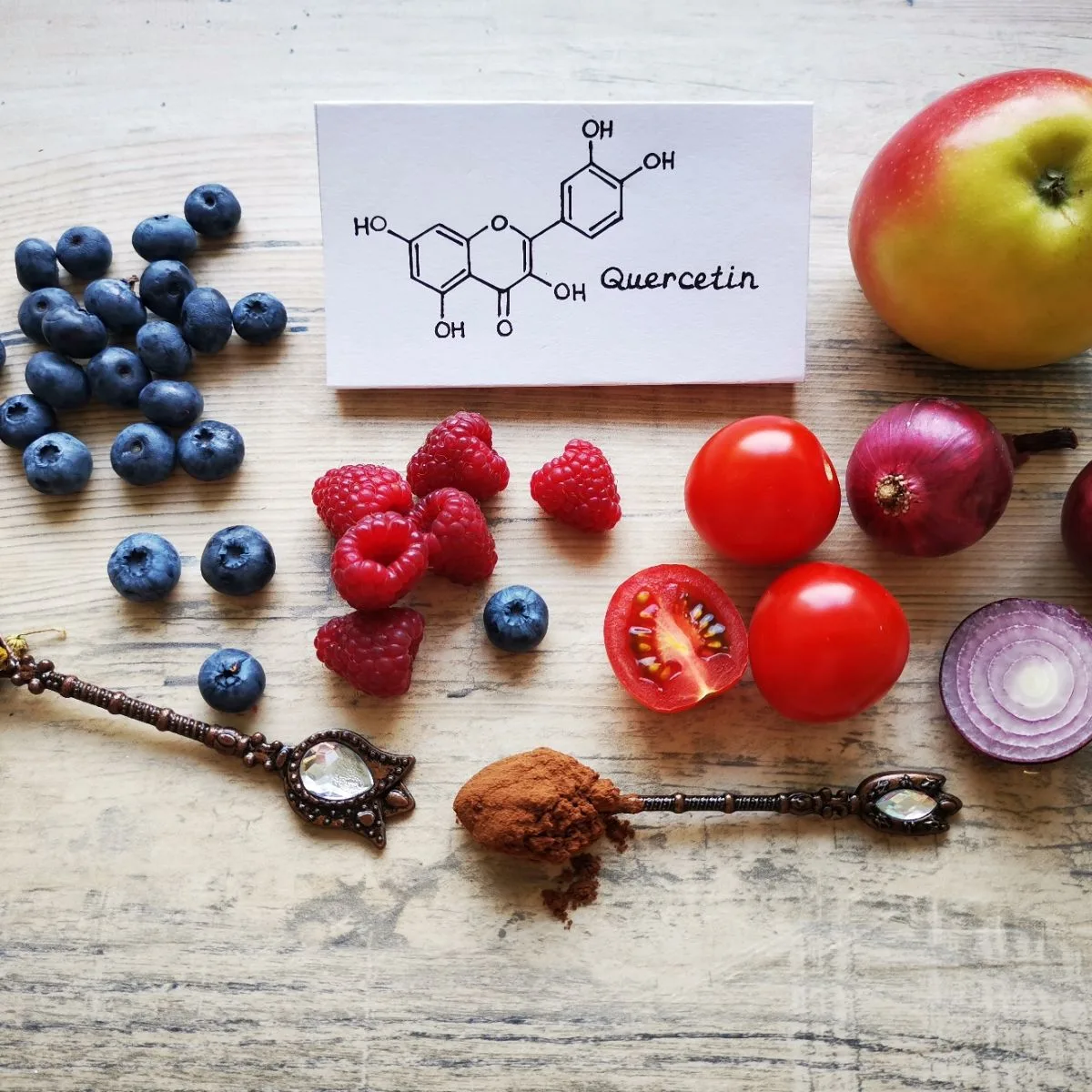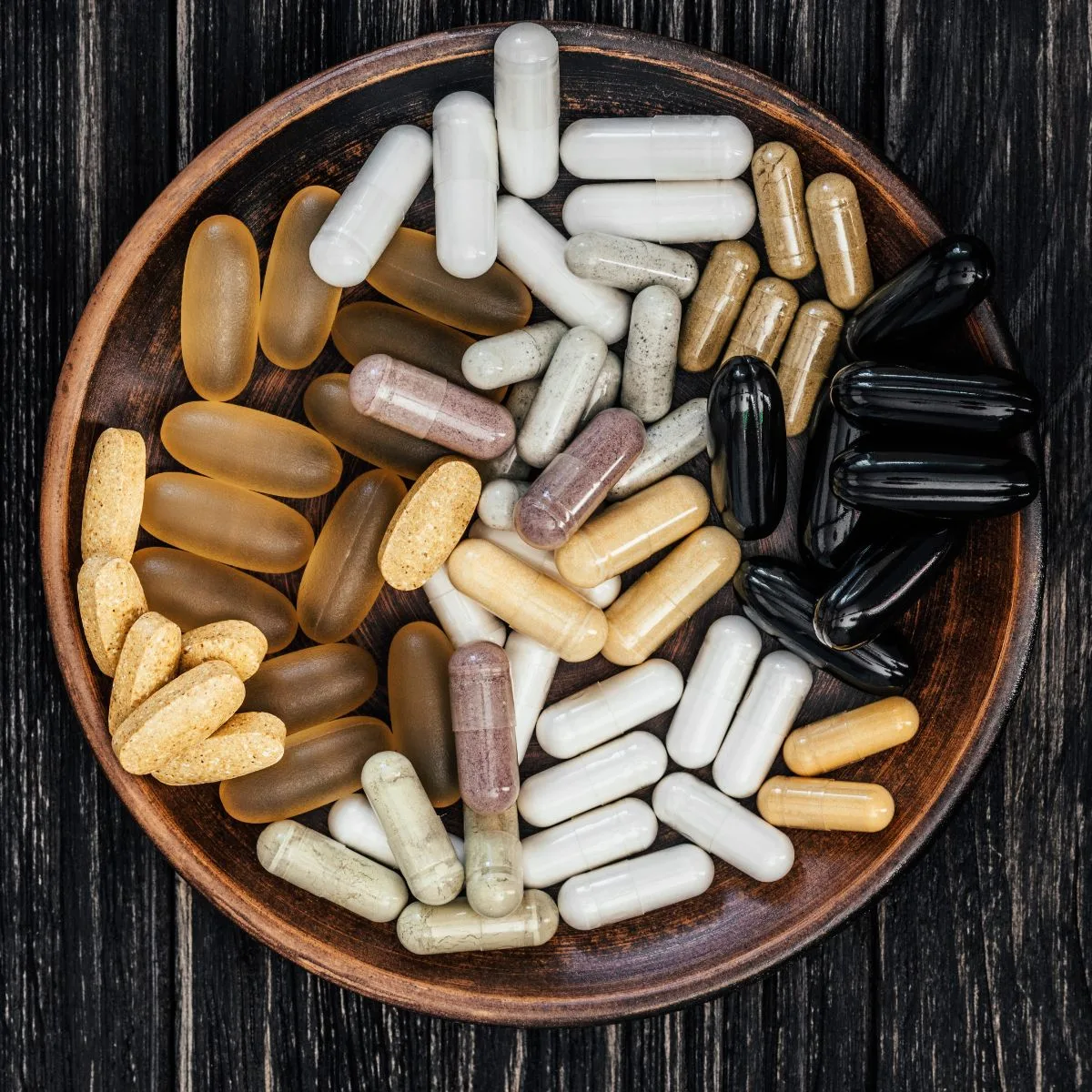Is it safe to take quercetin during pregnancy?
Introduction
If you’re familiar with the health and supplement industry, you’ll know all too well that there are countless health supplements out there designed to treat and manage a whole host of health issues and ailments.
Some supplements prove to be nothing but trends and eventually fade away into obscurity when Instagram influencers or Hollywood celebrities stop talking about them.
Other supplements, however, withstand the hands of time because they prove to be legit.
Quercetin is one of those supplements.
Quercetin is not a new supplement, far from it, in fact, yet it has only recently proved to be especially popular because people are finally realizing exactly what it can do for them. As healthy and beneficial as quercetin is, however, it is not without its risks and concerns have been raised regarding its safety whilst pregnant.
So, is quercetin safe during pregnancy?
Keep reading for a more in-depth analysis.
What exactly is quercetin?
Quercetin is a flavonoid (plant pigment) that is used not only as a health supplement but also as a medicine for some people.
Quercetin is found in a variety of different whole food sources, though primarily, it is found in fruits, vegetables, and grains.
Functioning as an antioxidant, it is actually one of the most abundant antioxidants in the human diet. It helps to combat oxidative stress and damage caused by free radicals.
Quercetin has been found to help protect the cells in the body from damage caused by oxidative stress and damage from free radicals. This means that it can help protect the cells and prevent all manner of chronic health issues, such as inflammation, cardiovascular disease, and certain strains of cancer.
How does quercetin work in the body?
As a flavonoid, quercetin functions as an antioxidant. An antioxidant is a compound that has the ability to bind to free radicals, and then neutralize them before they have the chance to attack the cells in your body.
Free radicals are unstable molecules in the body that, when their levels become too large, are able to attack your cells and cause oxidative stress and damage.
This can cause your cells to mutate and potentially turn cancerous, or to become damaged or even destroyed.
The reason why exposure to oxygen causes damage to the cells is the same reason why meat tends to turn bad when it is exposed to oxygen in your fridge. A pack of meat sealed in an airtight container, for example, will keep for weeks.
As soon as the package is open and the meat is exposed to oxygen, it begins to turn grey and slowly turns bad.
The same process happens to your cells via oxidative stress and damage caused by free radicals.
Quercetin binds to free radicals and destroys them before they have the chance to multiply and attack your cells.
What are the health benefits of quercetin?
We’ll be looking at whether is quercetin safe during pregnancy a little later on, don’t worry.
Before that, though, we need to look at some of the more prominent health benefits of this compound.
It’s easy to say that quercetin is healthy, but exactly what is it about the compound that makes it healthy, and what can it do for you?
Here are several health benefits of quercetin.
Can reduce inflammation
One of the most popular advantages of quercetin is the fact that it can reduce inflammation.
Quercetin is an antioxidant that destroys free radicals. Free radicals can trigger inflammation in the body that then functions as a precursor to all manner of chronic health issues.
Elevated numbers of free radicals in the body can activate genes that can trigger inflammation. Not only can inflammation cause chronic health issues, but it can also lead to pain and discomfort.
Quercetin destroys free radicals before they get the chance to cause inflammation in the body.
READ MORE: Gynecomastia vs. Chest Fat: Which One Do You Have?
It may protect against illness and disease
Another reason why so many people tend to supplement with quercetin is due to the fact that it can protect against illness and disease.
Your immune system thrives upon nutrients such as antioxidants, and quercetin is a very powerful antioxidant that strengthens and boosts the immune system.
Having a strong immune system means that you can protect your body from all manner of illnesses and diseases. Not only can you ward off common colds and flu viruses, but you will also be less likely to contract more serious illnesses and diseases, including various forms of cancer.
Promotes cognitive health and function
When talking about the many health benefits of quercetin, you cannot overlook the main benefits it provides for the brain.
Quercetin serves as a powerful antioxidant that can protect the brain from all manner of degenerative diseases such as Alzheimer’s and Dementia.
Studies in mice have found that quercetin taken every other day can reduce markers for degenerative brain diseases such as Alzheimer’s. Furthermore, it has been found to improve reaction times, critical thinking, and general cognitive health and function.
READ MORE: How to tell the difference between hemorrhoids vs herpes?
Is quercetin safe during pregnancy?
As beneficial as quercetin is, it is possible to have too much of a good thing, and there are always risks associated with any supplement or medication, no matter how healthy it may be. Quercetin is no different.
Because there is so little known about the safety of this flavonoid during pregnancy, health experts recommend that pregnant and breastfeeding women do NOT take quercetin until more research is available.
Research thus far has found that quercetin in large doses may cause kidney issues, and can also interact with other drugs and medications.
Pregnant and/or breastfeeding women are therefore advised to NOT use quercetin just to be on the safe side. As great as it is, there are always risks, and it is definitely better to be safe than sorry.
READ MORE: Is Quercetin the same as CoQ10?
